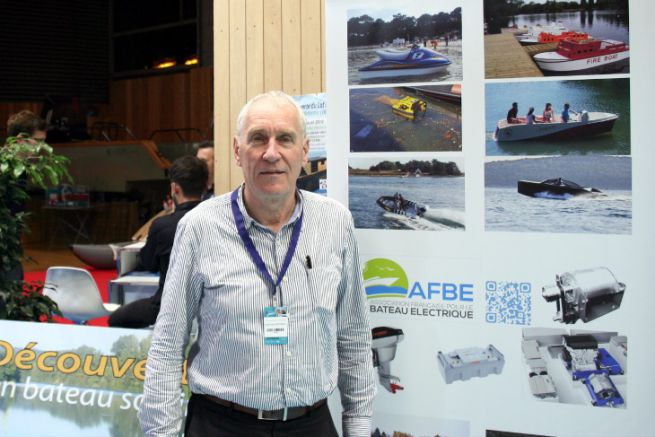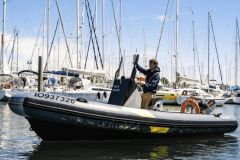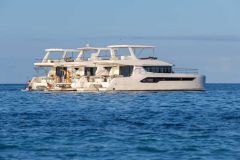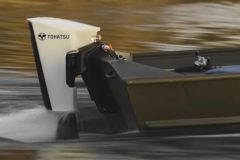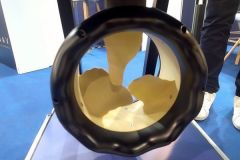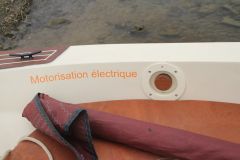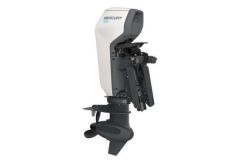Created in 1994, the French Association for Electric Boats (AFBE), has for main objective to help develop the electric and hybrid propulsion boat industry. Its president Xavier de Montgros answers BoatIndustry's questions about the structure, its ambitions and its vision of the future of electric boats.
To begin, could you introduce us to the AFBE in a few words?
The AFBE was created in 1994 with the main objective of developing the electric boat industry and working to limit the obstacles that stand in the way. Today we have about forty members. The association is present on 2 niches: pleasure boating and professional boats. It is growing with the arrival of more and more shipyards on all the niches, such as river boats. We have bigger boats, which go faster.
We are also the interlocutors of professional organizations and public authorities. We are asked to participate in various working groups, such as the ISO standard on electric propulsion through AFNOR or the PAMI (Plan d'Aide à la Modernisation et à l'Innovation) of VNF for a cleaner river fleet. We are cross-members of the Nautical Industries Federation, the EcoNav network and the Maritime Cluster.
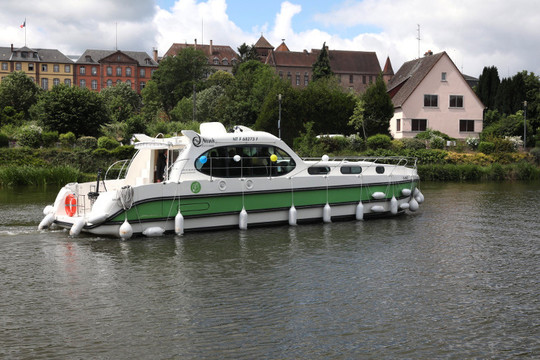
What is your relationship with the major yacht builders?
We know that groups like Bénéteau are starting to think again about electric boats. Our objective is to bring in the big shipyards with us. Today, the major electric engine and battery manufacturers are becoming our members.
What is France's place in the electric boat?
Today, 2 countries, the Netherlands and Norway, are taking the lead. France also has the means to do so. So we must do something!
What developments do you see in the type of boat?
We are starting to be able to do bigger and faster. The next step is to make boating fun with water skiing and this type of application. We also have the example of Naviwatt's Zen Pro for marina management and cleaning robots. On the professional side, until now we have been working with boats of between 12 and 100 passengers and we are now moving towards larger units and freight.
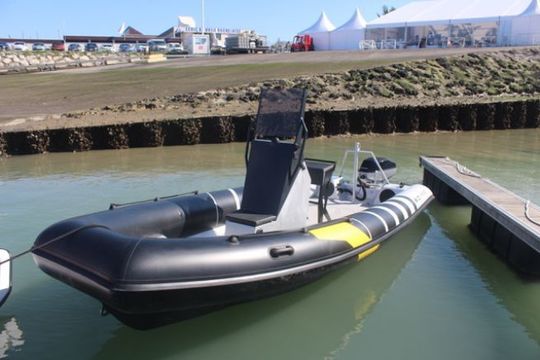
What are the technical evolutions to come in the electric boat?
We are already moving towards a more efficient use of existing technologies. Secondly, the new batteries allow for greater energy density (editor's note: ratio between the battery's capacity and its weight, an essential element for the autonomy of a boat whose purpose is not only to transport its batteries) and a reduction in price. The decrease of the charging time is also an important axis. The perception of the autonomy of electric boats also has a hard time changing beyond the technical side.
How do you respond to the detractors of electric boats who criticize the pollution caused by the batteries?
A Lithium battery has a life span of 4000 cycles to lose 20% of its recharge capacity. This takes about 10 years. It then has a stationary life to balance the electrical network linked to renewable energy for 10 to 15 years. Then, we can open the cells, unroll the films and dip them in baths to recover the essential metals. The process is known, but its industrialization will only come later when there are enough batteries to recycle. Today, lead batteries still represent 90% of the volume to be treated. We have to think in terms of their entire life cycle.

